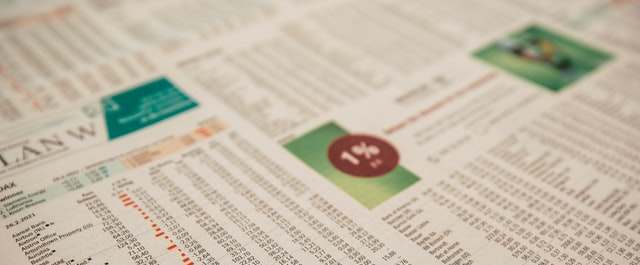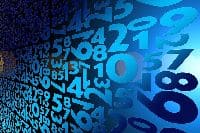
What are the Statistical Basics You need to Know?
Ok, so you are in college and you are doing pretty well. You were an A student in high school, and though in college you are not the best, you are not the worst either. A little bit of effort and you can pull out a decent GPA that will take you places.
But quickly, you learn that career planning is something to think about. Indeed, there are many options and what you choose can have repercussions in your career path. It is a serious deal, and some students are actually lost. That is why schools do have full time career advisors for this reason.
What I have been able to witness throughout the years is that students are often clueless about the statistical basics they need to rock their Stats class. They just don't know them. Some of them assume that since they took AP Stats in high school, the story will be the same.
Many get surprised that things can be quite different in college with Stats.

Statistics basic concepts and skills
Stats builds upon many different math concepts. To a great extends, Stats is a very eclectic discipline that takes some elements from Calculus and Probability theory to build its framework.
Big words, I know, but all I want you to retain is that Stats is build upon math.
That is why I always advise students to understand that Stats is fairly close to what they understand as math. The distinction seems silly, but I have heard students talking about being "happy to take a Stats class because I don't like math classes".
As such, you need to have certain math skills in order to understand how the topics are woven. At the very list, you will need to dominate the following statistics basics down:
- Basic descriptive statistics: You need to understand what is a probability distribution and how to estimate its center and dispersion
- You need to have graphical abilities: In stats is important to being able to depict graphically certain probability events. This facilitates the calculation and interpretation of probabilities
- Understanding of reading values from tables: One crucial skill in statistics is being able to fetch information from normal probability tables.
- Understanding the use of a scientific calculator: You don't need to know all of them, or you don't need a sophisticated one. But you need to master one (Excel will suffice).

Basic statistics formulas
In Stats you will be continuously asked to use the right formula for the right situation, so that is an important statistics basics. Some of the very simple formulas you will need to know include formulas for z-scores, z-statistics and t-statistics.
Other objects in Statistics (like some probability distributions) have some very complex formulas, and you will not be required to learn them. For those most likely you will be using a scientific calculator most of the cases.
The emphasis in basic statistics is to know what and when to apply a specific formula. Knowing a formula by memory is not always relevant, and often times your instructor will give you a statistics formulas cheat sheet for quizzes and exams.
What is the bottom line?
The bottom line is do not expect Stats to be a non-math class like some students believe. Stats will have math in it, sometimes lots of it, so be prepared. The basic skills required are just few, but are important, so make sure you have those down before undertaking a Stats class.
Overall, you should have a purpose. Don't just take a Stats class for the sake of taking it. Make sure that it contributes to your career path. And please, treat Stats as any other math class, with its challenges and idiosyncrasies.
And make sure that you have down all the statistical basics mentioned in this tutorial.
Related Content


Combining Efforts with a Statistics Expert - StatisticsHelp

